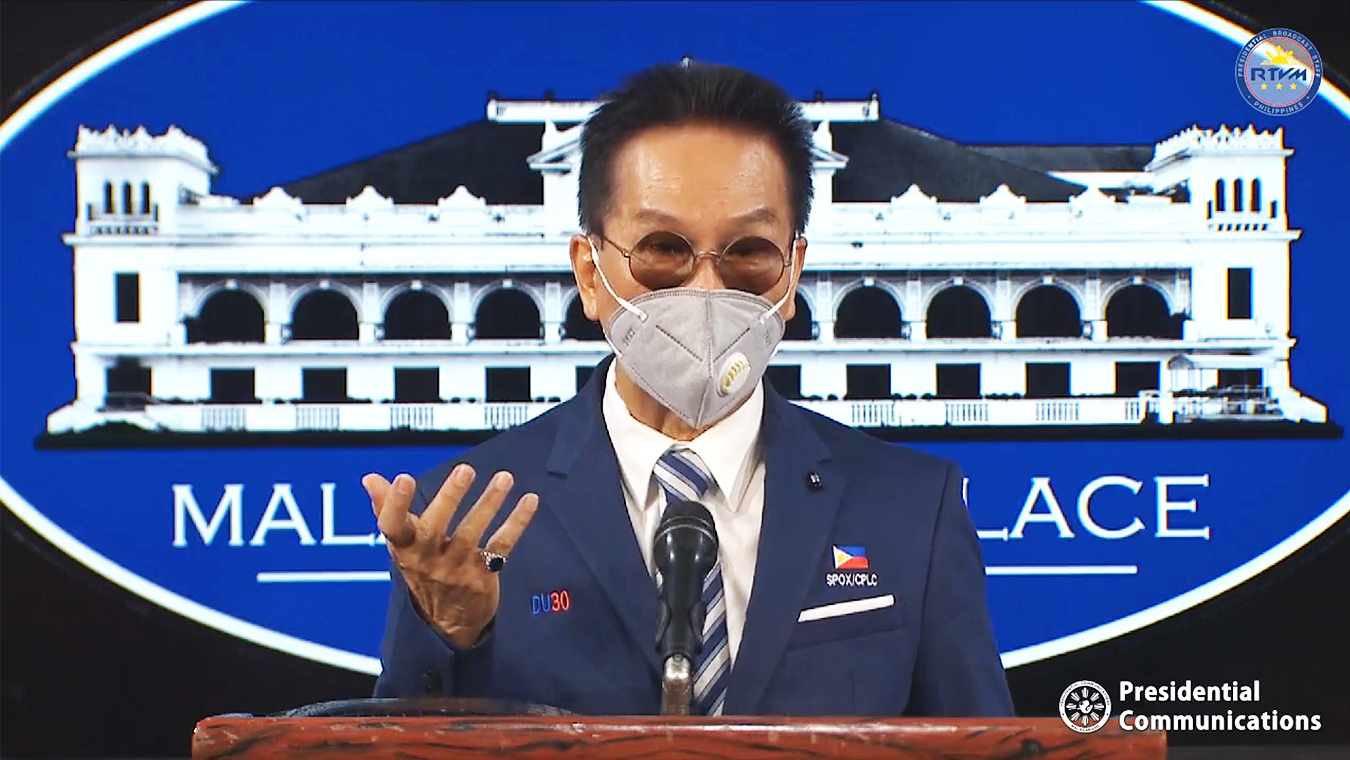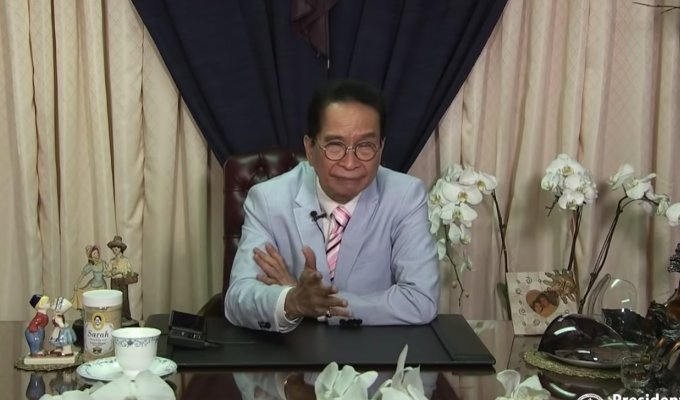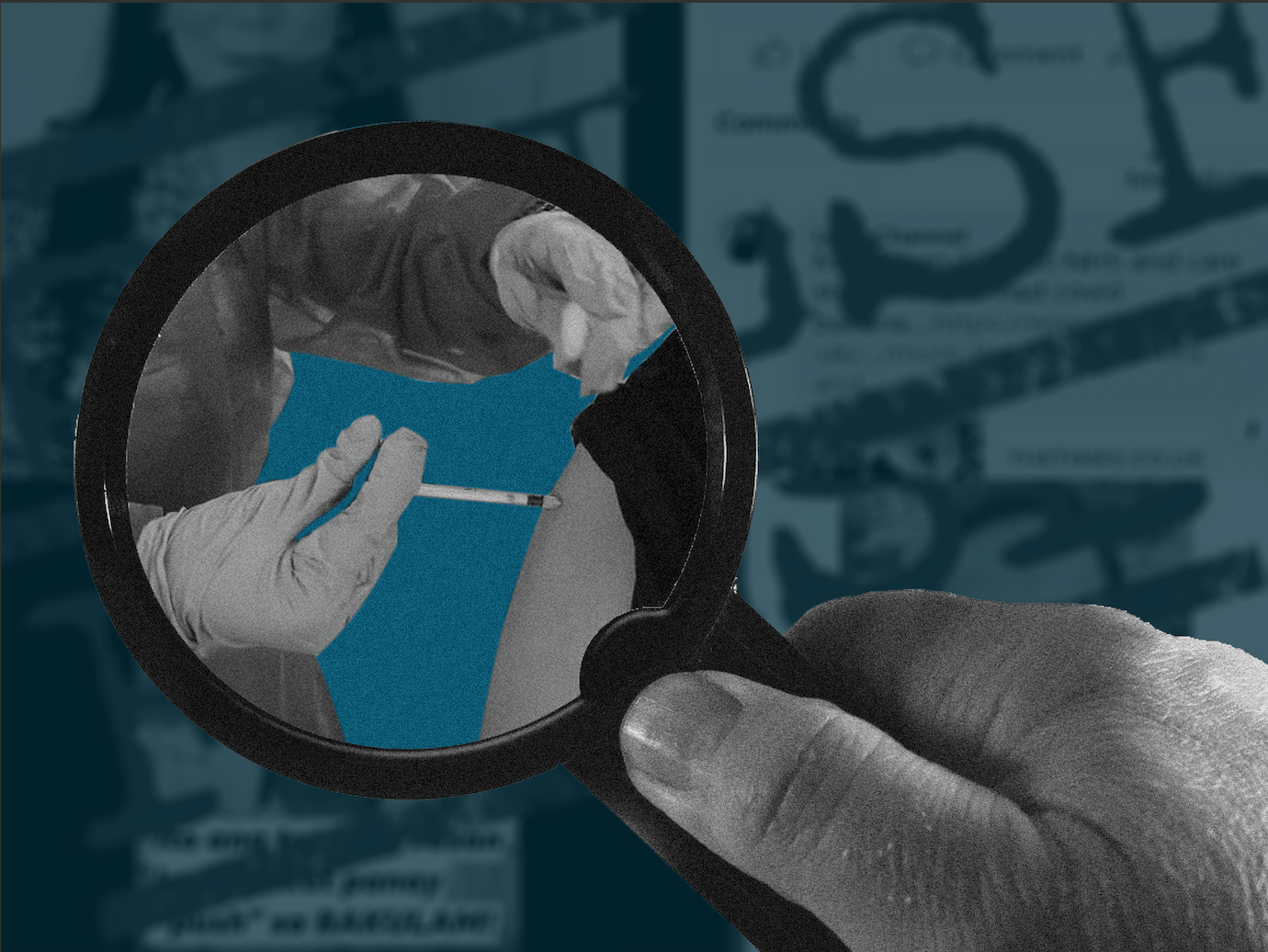Presidential Spokesperson Salvador Panelo wrongfully attributed the decline of new COVID-19 cases in South Korea to the country’s imposition of a “total lockdown.”
STATEMENT
In a press briefing on March 16, Panelo was asked about the more stringent measures the Duterte government was considering to prevent the further spread of COVID-19, to which the spokesperson said:
“Ang tinitingnan ni [Interior] Secretary Año and other members of the Cabinet, iyong ginawa sa [South] Korea. Korea kasi nag-total lockdown sila roon at na-arrest nila, naging zero casualty sila ([Interior] Secretary Año and the other Cabinet members are looking into what [South] Korea did. Korea implemented a total lockdown and was able to stop the spread [of the virus]; now they have zero casualties).”
Source: Presidential Communications Operations Office, Press Briefing of Presidential Spokesperson and Chief Presidential Legal Counsel Secretary Salvador S. Panelo, March 16, 2020 watch from 10:58 to 11:07
FACT
Contrary to Panelo’s claim, South Korean officials did not impose a “total lockdown” in dealing with the spread of the COVID-19 pandemic.
What it did implement was a widespread testing campaign. Seo Eun-young, director of the foreign press relations of South Korea’s Ministry of Foreign Affairs, said the South Korean government chose to be “quick, transparent, and pre-emptive” in its response to COVID-19:
“Unlike other countries where only patients showing symptoms have been tested, we chose to test everyone who has been in close contact with confirmed cases. Rather than waiting for patients to come in, we pursued and tracked down possible patients to prevent spread within the community.”
Source: The New York Times, South Korea: What We’re Doing to Fight the Coronavirus, March 11, 2019
Other news agencies cited the South Korean government’s decision to provide free diagnostic testing to its citizens as its key response to the COVID-19 outbreak, without a lockdown.
“Raising the testing capability is very important because that way, you can detect someone who’s carrying the virus, then you can contain the virus,” said South Korean Health Minister Park Neunghoo in an exclusive interview with CNN.
However, the South Korean government declared Daegu, its third largest city, and other areas with high infection rate as “special management zones” in February. The South Korean Ministry of Health and Welfare, in a Feb. 23 press release, requested Daegu citizens to “voluntarily refrain from leaving their homes or moving around for at least two weeks,” and called on the public to refrain from convening in large groups.
This was a measure similar to the enhanced community quarantine with social distancing that the Duterte administration implemented starting March 16.
As of March 17, the cities of Daegu-Gyeongbuk, the city of Gyeongsan, and the counties of Cheongdo and Bonghwa have been declared “special disaster zones” as COVID-19 cases start to taper off. This was the first time such measure was implemented to contain a disease. The designation will enable residents in these areas to “receive stronger state-level monetary and administrative support, including tax benefits,” as reported by The Korea Times.
More than 200,000 people have been tested for COVID-19 in South Korea. Fifty-four deaths have been recorded out of 7,555 confirmed cases, as of March 11. Officials noted the decline in confirmed cases since early March.
Meantime, North Korea claims that it has no cases of COVID-19, despite the reported deaths of about 180 North Korean soldiers, according to a March 9 article of South Korean news agency Daily NK.
Sources
Presidential Communications Operations Office, Spox Panelo Press Briefing NEB, Malacañang, March 16, 2020
The New York Times, South Korea: What We’re Doing to Fight the Coronavirus, March 11, 2019
CNN, South Korea has ‘passed the peak’ of the coronavirus outbreak, health minister hopes, March 10, 2020
South China Morning Post, Coronavirus: South Korea’s infection rate falls without citywide lockdowns like in China, Italy, March 10, 2020
Forbes, South Korea sees Coronavirus Slowdown – Without A Lockdown, But With Nearly 250,000 Tests, March 13, 2010
South China Morning Post, Coronavirus: nearly 200 North Korea soldiers ‘die from outbreak government refuses to acknowledge’, March 10, 2020
The Washington Times, ‘Special management zone’ declared as coronavirus overwhelms South Korea city, Feb. 20, 2020
South Korea Ministry of Health and Welfare, Briefing on the pan-governmental meeting for COVID-19, Feb. 23, 2020
The Japan Times, South Korea declares Daegu ‘special management zone’ after COVID-19 death as infections surge, Feb. 21, 2020
Inquirer.net, South Korea declares Daegu a ‘special zone’ over virus cases, Feb. 21, 2020
BBC, South Korea Coronavirus: Concern in Daegu as cases rise, Feb. 21, 2020
South Korea Ministry of Health and Welfare, Regular Briefing of Central Disaster and Safety Countermeasure Headquarters on COVID-19, March 17, 2020
The Korea Times, Moon declares Daegu region as special disaster zone, March 15, 2020
Reuters, South Korea designates regions hit hardest by coronavirus as disaster zones, March 15, 2020
TIME, North Korea Says It Has No Coronavirus – Despite Mounting Clues to the Contrary, March 3, 2020
NBC News, Liveblog/ Coronavirus updates live: North Korea claims it has no coronavirus cases, March 14, 2020
Daily NK, Sources: Almost 200 soldiers have died from COVID-19, March 9, 2020
(Guided by the code of principles of the International Fact-Checking Network at Poynter, VERA Files tracks the false claims, flip-flops, misleading statements of public officials and figures, and debunks them with factual evidence. Find out more about this initiative and our methodology.)




